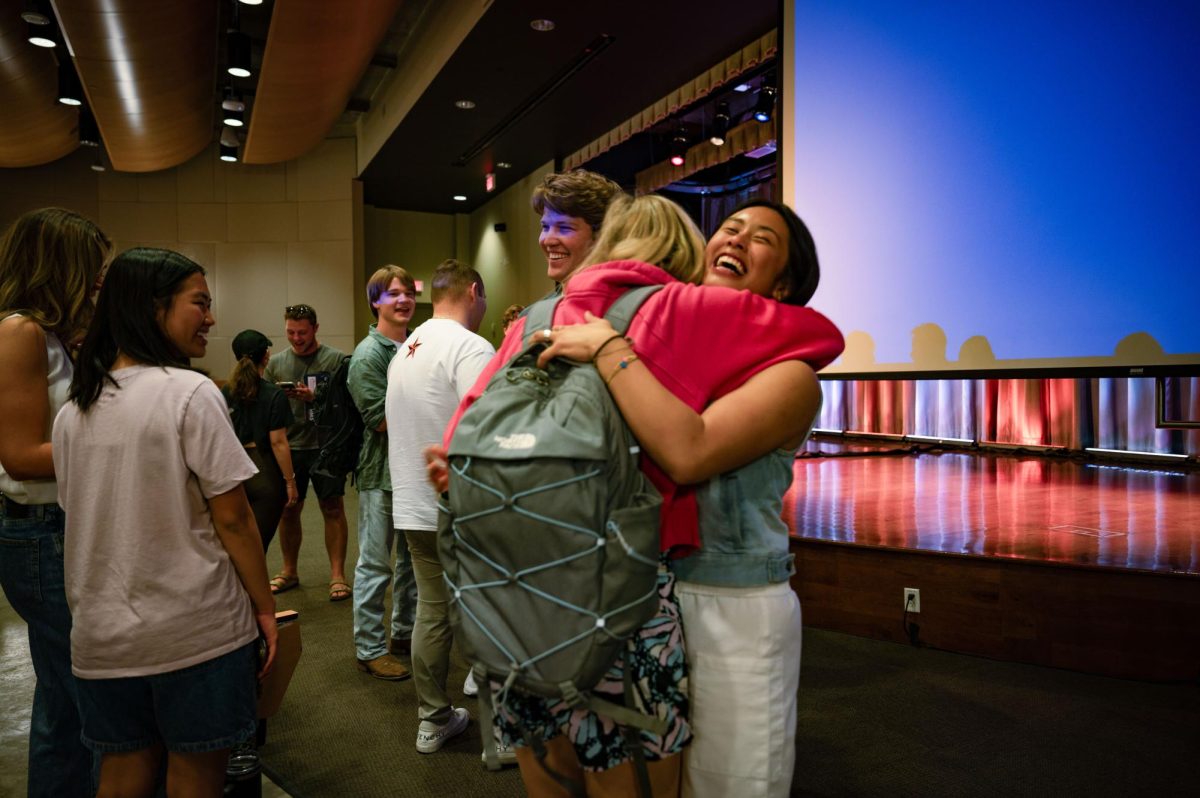A film by a UT professor reframing the journey of a stolen painting could motivate museums to confirm the art hanging on their walls does not belong to anyone else.
More than 10 years ago, Egon Schiele’s painting “A Portrait of Wally” wound up in court in a tangled ownership battle. Associate radio-television-film professor Andrew Shea wanted to capture the story on film. In his final project, “Portrait of Wally,” Shea focused on the stolen Schiele painting and the international art restitution movement, which works to reunite stolen artwork with its original owner.
The film premiered in Austin at the Violet Crown Cinema in September. Shea said the film has inspired some art museums to be more diligent while researching the history of the works in their collection.
The court battle lasted about 13 years and ended with a museum paying the original owners’ descendants $19 million for the painting, according to the U.S. Department of Justice.
The painting, which depicts an image of Schiele’s mistress, was stolen in 1939 from Lea Bondi and ended up at the Leopold Museum, which later loaned the piece to the New York’s Museum of Modern Art in 1997. Bondi died in 1969. Members of the Bondi family that lived in the United States caught wind of the work being displayed at the museum and contacted the Manhattan district attorney.
“I think this case has been very beneficial to the U.S. and Europe because it forced museums to take this topic much more seriously,” Shea said. “It didn’t put an end to these disputes, but I think that museums are more responsive to these issues.”
Shea said the scandal surrounding “Portrait of Wally” is viewed as the most pivotal art restitution case in the last 20 years.
“I felt that that this was a really powerful story with high emotional stakes,” Shea said. “It triggered outrage and loss from so many people from all sides of the story.”
Barbara Morgan, director of the Austin Film Festival and co-producer of “Portrait of Wally,” said the issue of justice the documentary covers has positively impacted the audience.
“There are also a number of people who have relatives who were either lost in the war and or had issues of lost family property after the war,” Morgan said. “The topic is really fresh to them.”
Radio-television-film senior Ofer Shouval said this film reveals a complicated issue because both the museum and the family have a right to ownership.
He said he feels empathy for the family that lost the painting, but he questions where the generational line is drawn for being allowed to claim ownership.
“The documentary makes you think about morality and larger questions than the topic itself,” Shouval said. “Parallels can be made to other issues such as the Palestinians’ right of return.”
The film is currently playing in limited release in the U.S. as well as at festivals internationally. Shea said there might be a screening of “Portrait of Wally” at the Blanton Museum of Art in the next couple of months.



















